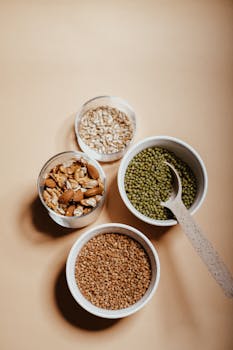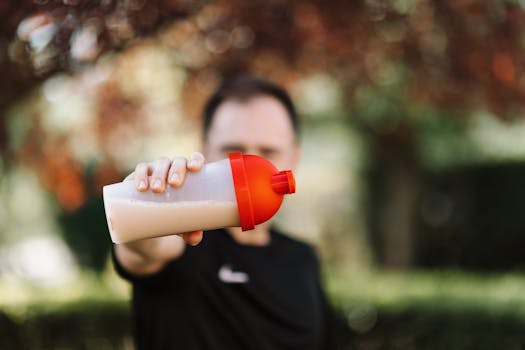Choosing a protein drink that supports your goals without added sugar can simplify meal planning and help control calories. If you’re shopping for the best sugar free protein drinks, focus first on the ingredient list and nutrition facts rather than flashy marketing. This guide will help you compare common options, identify labels that matter, and select a product that fits workout recovery, weight management, or daily protein top-ups.
Best sugar-free protein drinks: what to look for on the label
Start by checking protein type, total protein per serving, and the presence of sugar alcohols or non-nutritive sweeteners. Whey isolate, soy, pea, and collagen offer different amino acid profiles and digestion rates. Aim for at least 15–20 grams of protein per serving for a meaningful contribution to daily needs, and under 5–6 grams of total carbohydrates if you’re watching blood sugar or calories. The ingredient list reveals hiding calories: maltodextrin, dextrose, and fruit concentrates can add sugars despite “zero sugar” claims.
Protein source and quality
Animal-based proteins like whey isolate often have higher leucine content, useful for muscle repair, while plant proteins (pea, rice, soy) can be blended to improve amino acid balance. If you have dietary restrictions, choose a label that clearly states allergen information. For a scientific primer on protein and muscle health, see this peer-reviewed review on protein intake and muscle.
Sweeteners and calories
“Sugar-free” can mean no added sugar, or no sugar at all. Many low calorie zero sugar protein vitamin drinks substitute erythritol, stevia, sucralose, or monk fruit. Taste tolerance varies: some people notice an aftertaste with certain non-nutritive sweeteners. If you prefer natural options, look for products sweetened with stevia or monk fruit and confirm there are no hidden carbohydrate sources boosting caloric content.
Top product types and who they suit
- Whey isolate ready-to-drink bottles: convenient, fast-absorbing — ideal for post-workout recovery.
- Plant-based blends: soy, pea, and rice combinations work well for vegans and those with dairy intolerance.
- Protein waters and vitamin drinks: low calorie zero sugar protein vitamin drinks often contain vitamins and electrolytes for hydration and light protein support between meals.
- Coffee or cereal-style protein shakes: suitable for busy mornings but check caffeine and added sugar content.
If you’re comparing brands, match serving sizes and protein density (grams protein per 100 ml or per bottle) rather than price per item. Also consider the broader diet: a sugar-free protein shake can be useful within structured plans like meal-replacement or therapeutic approaches — for more about structured soup-and-shake protocols and their clinical context, see this NHS soup and shake diet study.
Micronutrients and fortification
Some ready-to-drink options add vitamins, calcium, or electrolytes. If you use shakes to replace meals occasionally, choose fortified products to avoid micronutrient gaps. For pure supplementing after exercise, a minimalist formula with clean ingredients may be preferable.
Shopping checklist
- Protein grams per serving (aim for 15–30 g depending on goals).
- Zero added sugars and low total carbohydrates.
- Type of sweetener and your tolerance for aftertaste.
- Allergen info and suitability for vegan or lactose-free diets.
- Added vitamins/minerals if using as a meal replacement.
When trying a new product, compare it against a benchmark: mixability, taste without added fruit/coffee, and digestive comfort. Keep a small rotation of trusted brands so you can vary amino acid sources and micronutrients over time.
- Takeaways
- Read ingredient lists carefully; “sugar-free” can still include sweeteners or carbs.
- Choose a protein type that matches dietary needs—whey isolate for quick recovery, plant blends for vegan options.
- Look for adequate protein per serving (15–30 g) and low total calories if weight control is a goal.
FAQ — Are sugar-free protein drinks safe?
Yes, when chosen appropriately. Most commercially available sugar-free protein drinks use approved sweeteners and safe ingredients. If you have specific health conditions, consult a healthcare professional about sweeteners, protein load, or possible interactions with medications.
FAQ — Which is better: shakes or ready-to-drink bottles?
Both work; ready-to-drink bottles are convenient, while powdered shakes often give better value and control over serving size. Choose based on convenience, cost, and ingredient transparency.






